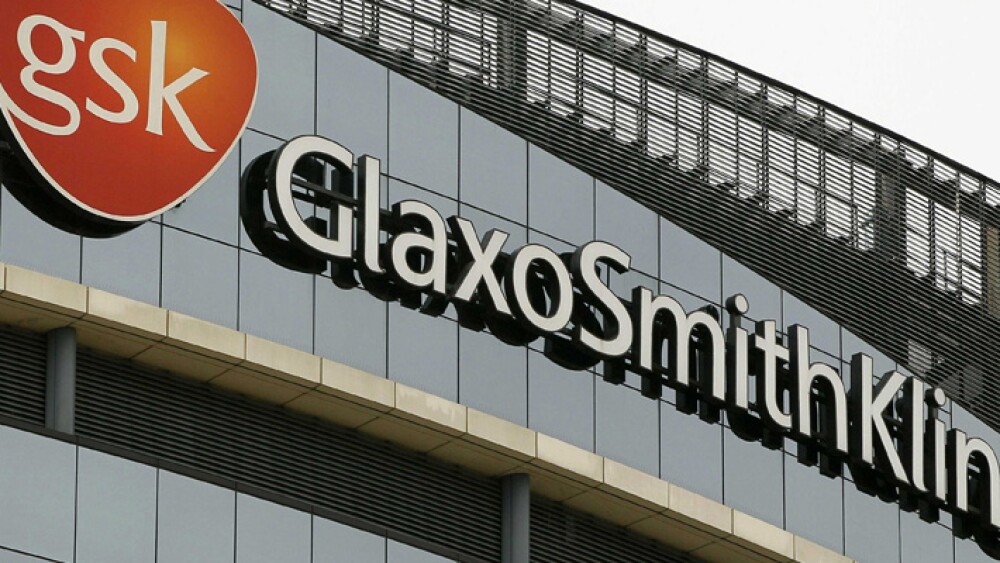April 27, 2016
By Mark Terry, BioSpace.com Breaking News Staff
With London-based GlaxoSmithKline ’s chief executive officer, Andrew Witty, set to retire in March 2017, the search has begun for his replacement. Witty told reporters that he expects to name a replacement closer to the end of this year.
The company has been clear to say that Witty isn’t retiring because of external pressures. Although, quite a number of the company’s biggest shareholders have called for his replacement since at least the beginning of this year.
Och-Ziff Capital Management, which owns half a percent of GSK stock, and Neil Woodfor, one of the company’s biggest stockholders, led the charge for Witty’s replacement, and Och-Ziff has called for a change in the company’s board of directors.
Witty has led the company since 2008. The course of his leadership has seen sales dropping by 6 percent, earnings dropping by 9 percent, and a number of high-profile scandals. One was in 2012, when the company agreed to pay $3 billion over criminal and civil liabilities related to GSK’s promotion practices for certain drugs, and not reporting specific safety data. More recently, it was fined almost $500 million by the Chinese government related to a complex bribery scandal.
Witty’s remarks were part of the company’s first-quarter financial reporting. Group sales for the quarter were 6.2 billion pounds, with the breakdown of pharmaceuticals at 3.6 billion pounds, vaccines 882 million pounds, and consumer healthcare at 1.8 billion pounds. New products sales were at 821 million pounds, up from the fourth quarter 2015’s number of 682 million pounds. The drivers for the new product sales were Tivicay and Triumeq for HIV, Relvar/Breo, Anoro, Incruse, and Nucala for respiratory diseases, and Menveo and Bexsero, meningitis vaccines.
“Overall, the quarter reflects the progress we have made in our strategy and our ability to allocate capital across our three businesses to generate the best returns,” Witty said in a statement. “Together with the roll out of our new commercial model, we believe the Group is well placed to maximize the opportunities, and respond to the competitive pressures and challenging pricing dynamics, that we see in the global healthcare environment.”
He noted that the company is now basically split into three units, Pharmaceuticals, Vaccines, and Consumer Healthcare. Revenue is split across them 58 percent, 16 percent, and 26 percent, respectively.
“Research and development underpins all three businesses,” said Witty in a statement. “In November 2015, the Group profiled to investors an R&D portfolio of about 40 assets focused on Oncology, Immuno-inflammation, Vaccines, HIV and Infectious diseases, Respiratory and Rare diseases. All three businesses are supported by proprietary technologies and manufacturing capabilities in areas such as devices, adjuvants, bio-electronics and formulations.”
Lately, GSK’s earnings have been dropping, partly due to a $20 billion asset swap with Novartis , as well as slowing sales of its respiratory drug, Advair. But this quarter’s financials indicate core earnings are up. As The Wall Street Journal reported, “Chief Executive Andrew Witty has promised Glaxo will bear the fruits of that transaction this year. He told investors to expect a 10 percent to 12 percentage increase in core EPS in 2016, at constant exchange rates, as he reported the company’s first quarter results on Wednesday. That would be the first increase in core EPS since 2013.”





